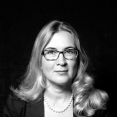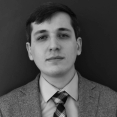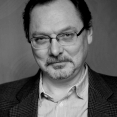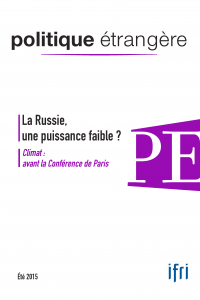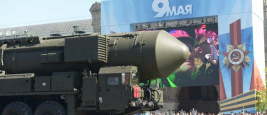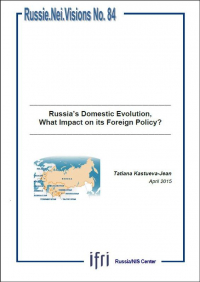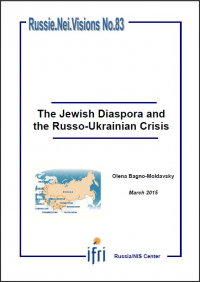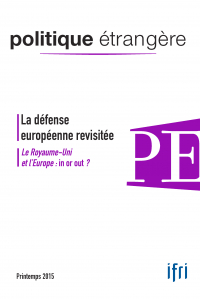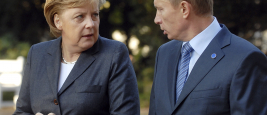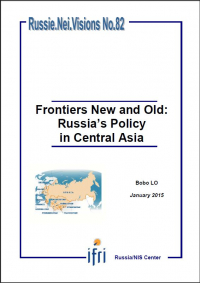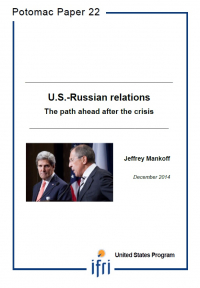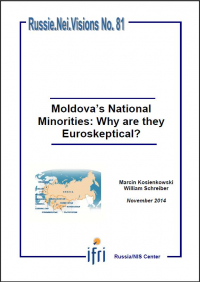To implement the “grand strategy”, Moscow’s strongest card is the energy weapon. However, the fall in oil prices and the conflict in Ukraine have brought things sharply into perspective. The traditional military dimension of the army is currently resigned to waging “limited wars” in localized...

Russia / Eurasia

Post-Soviet Russia has gradually asserted itself as an imperial and anti-Western power, representing a threat to the independence of its Eurasian neighbors, as well as to the post-Cold War international order. The Kremlin’s invasion of Ukraine on February 24, 2022 is the culmination of this behavior, with both regional and global consequences. Now cut off and isolated from the Euro-Atlantic space, Russia is seeking to deepen its partnership with China and to turn towards non-Western worlds, especially in Asia and Africa. In the Eurasian space, historically dominated by Russia, the war amplifies centrifugal tendencies. The speed and depth of the transformations underway require constant and precise monitoring of the internal and external policies of the countries in the area.
Founded in 2005 at Ifri, the Russia/Eurasia Center produces research and organizes debates on Russia, Eastern Europe, Central Asia and the South Caucasus. Its objective is to understand and anticipate the evolution of this complex and rapidly changing region in order to enrich the public debate in France and Europe, and to assist in strategic, political and economic decision-making. Over time, the Russia/Eurasia Center has developed a network of contacts from institutions and civil society in the countries of the Eurasian space, and has established multiple partnerships with research institutes in Europe and around the world.
The digital collection Russia.Eurasia.Visions (formerly Russia.Nei.Visions), published by the Center, has become a reference point, with articles published in three languages (French, English and Russian). Relying on a network of leading experts and promising young researchers, it offers original analyses intended for public and private decision-makers, researchers, as well as for a wider public interested in the area.
Director of Ifri's Russia / Eurasia Center
...Research Fellow, Russia / Eurasia Center
...Project Officer, Russia / Eurasia Center
Associate Research Fellow, Russia / Eurasia Center
...Associate Research Fellow, Russia / Eurasia Center
...Associate Fellow, Russia / Eurasia and Geopolitics of Technologies Centers
...Associate Fellow, Russia / Eurasia Center
...Russia’s economic crisis was not caused by decisions taken by the West following the Russia-Ukraine conflict. It was predicted and widely mediatized.
In the recent years Russia has made a significant effort in favor of modernizing its armed forces which allowed it to execute the swift annexation of Crimea in March 2014. Nevertheless, the deteriorating economic situation casts doubts on Russia’s ability to continue these ambitious reforms.<...>
Throughout the Ukraine crisis, the West has been surprised at the brutality of Russia's reaction. It has also been surprised by the broad support for Vladimir Putin's policy among the country’s elites and the population at large (88% of whom back the policy), despite the impact of sanctions...
Two questions arise when the role of a diaspora in crisis is considered. Do diasporas embody an internal threat to the security of the nation state? And why do some efforts to use diasporas as a tool of international politics succeed while others fail? In this paper, the Ukrainian 2014-2015...
After denying Russian intervention in Crimea, President Putin ultimately recognized that it indeed happened and then used fallacious arguments to justify it.
In 2014, Germany’s relations with Russia markedly deteriorated. The decline was precipitous but it did not occur suddenly. It began some time before Moscow’s annexation of Crimea in March 2014 and the Kremlin’s support for separatism and thinly concealed military intervention in eastern...
For much of the post-Soviet period, Central Asia has been a backwater of Russian foreign policy. But things are changing. Circumstances in and beyond the region are driving a more committed approach in Moscow.
CSIS expert Jeff Mankoff explains the reasons of the crisis in Ukraine, and how the U.S. should try to reestablish a more stable situation in central Europe, mixing containment and engagement of the Russian partner.
Moldova's National Minorities: Why are they Euroskeptical? Russie.Nei.Visions, No. 81, November 2014
Following the 2014 separatist conflict in Ukraine, observers have worried about the potential for a similar conflict in Moldova that would interrupt the country’s EU association. Indeed, Moldova’s national minorities largely oppose the country’s process of approximation and integration with...



